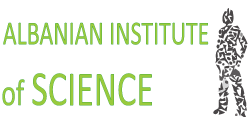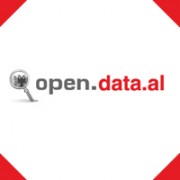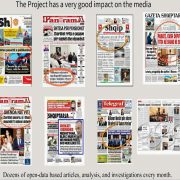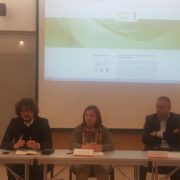Open Data Day 2017, Justice Journalists against the Decision of Tirana Court for non-publication of the Criminal Decisions.
March 4th, 2017 is the OpenDataDay. Actors engaged in opening data in different countries in the world have developed events and presented initiatives promoting Open Data mainly for the public sector. AIS, an organization promoting Open Data for Albania, invited journalists, who cover justice-related issues, to attend a round table on transparency and corruption. The event was opened by the presentation of the RedFlag Index initiative, a way of marking municipality procurement processes exposed to inequality, misuse, and corruption. Following two years of monitoring the tender procedures and contracting of 61 municipalities and the establishment of a database for every procurement procedure, such marking identifies automatically every procedure conducted without competition, and by setting inappropriate deadlines for the bidders to prepare their bids.
The justice journalists at the meeting raised their concern about Tirana Judicial District Court not publishing its criminal cases and decisions thereof on its web. After 12 years of a practice of transparency established by this court, it suddenly decided to stop giving the public access to the court decisions. Such measure was taken following some complaints about the publication of decisions of a private and family character. The Court decided, on this occasion, to stop publishing even decisions of a public and criminal nature, and information necessary for transparency. The journalists have already reported on this development, and expect the Court to issue a media release on March 6th.


















